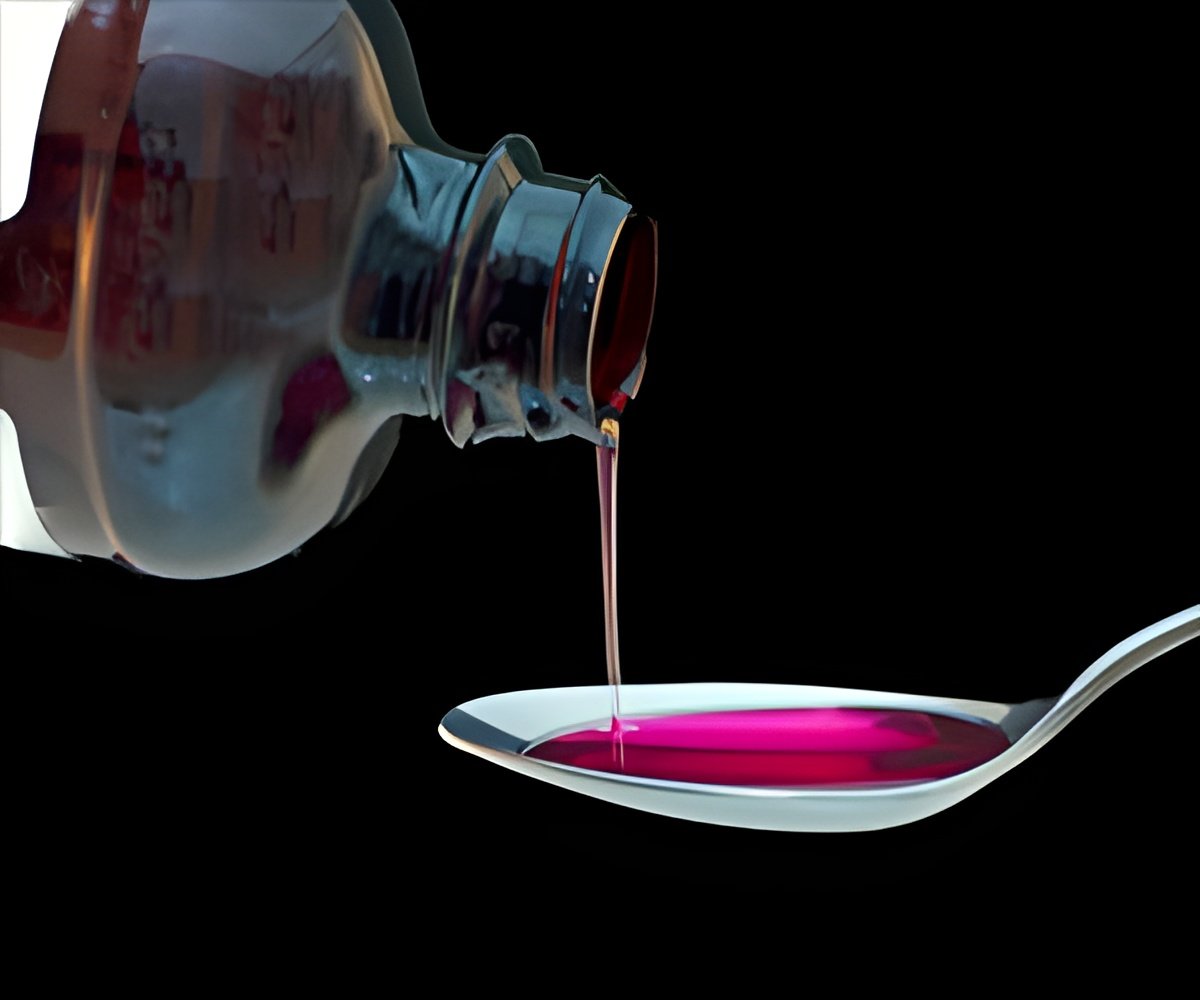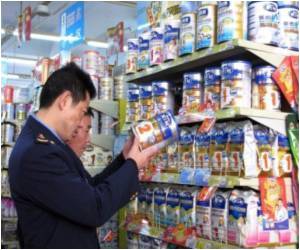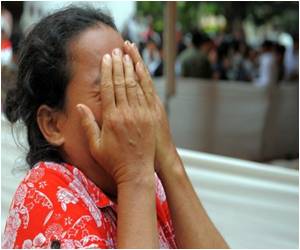
An older unreported case underlines the weakness of India's unwieldy and poorly resourced drug and food regulatory system, the uncertainty it creates for foreign and domestic companies operating there and the potential risk to consumers.
Abbott Healthcare is a unit of U.S.-based Abbott Laboratories. Abbott Laboratories also has a listed subsidiary in India, Abbott India Ltd.
In the latest dispute, the laboratory found that a sample of Phensedyl contained more than twice the labeled amount of codeine, according to reports by a popular news source.
Phensedyl sales are estimated to be more than 3 percent of Abbott's $1 billion India revenue. The sales are dwarfed by Abbott's global annual sales of over $20 billion.
Excessive codeine, which is an opium derivative, would violate Indian drugs law. It triggered a "show cause" notice against Abbott, which was sent in March by the drug regulator, Phensedyl's manufacturer in Himachal Pradesh.
Advertisement
The company also asked regulators to give it more information about the source of the suspect sample and the manner in which it was collected, so that it could establish whether it was genuine and proper process was followed.
Advertisement
According to a copy of the inspector's report, the sample contained 21.37 mg of codeine per 5 ml dosage, instead of 10 mg specified on the label. Saha said two other samples from different batches, however, showed normal codeine levels.
Excessive consumption of cough syrup with high levels of codeine can lead to health implications such as sedation, behavioral changes and drug dependence, said Amitabh Parti, a doctor at Fortis Memorial Research Institute.
The state of West Bengal in Februrary, listed the potentially tainted batch as "not of standard quality" in a monthly publication, posted on the regulator's website. This was meant to alert consumers and pharmacies in the state to suspect drugs. However, C. M. Ghosh, the West Bengal drug controller, said he does not have the resources to follow it up.
Navneet Marwaha, the drug controller in Himachal Pradesh, said in an interview that Phensedyl, which accounts for about a third of the Indian cough syrup market, is often copied by counterfeiters. He said Abbott's stocks of codeine were accounted for.
"They (Abbott) are saying 'show us the sample so we can see whether it is genuine.' They have not been provided with the sample," Marwaha said. He added that it was up to West Bengal to provide the information to Abbott.
Ghosh said it was Himachal Pradesh's responsibility and the company can only challenge the test's findings at a central government drug lab with a court's permission.
Safety breaches and scares are common in India. According to a 2012 parliamentary report, nearly one in 22 locally produced drug samples is of sub-standard quality in India. There are only 1,500 drug inspectors who are responsible for more than 10,000 factories, supplying medicines for a population of 1.2 billion in India and exporting to nearly 200 countries. Ghosh said he has to monitor 140 drug inspectors and over 50,000 pharmacies in the state.
The central government is keen to improve regulation of the key sector, and plans to spend $263 million in the next three years to strengthen the national and state regulatory system, in addition to equipment, skilled talent and new laboratories.
Source-Medindia












